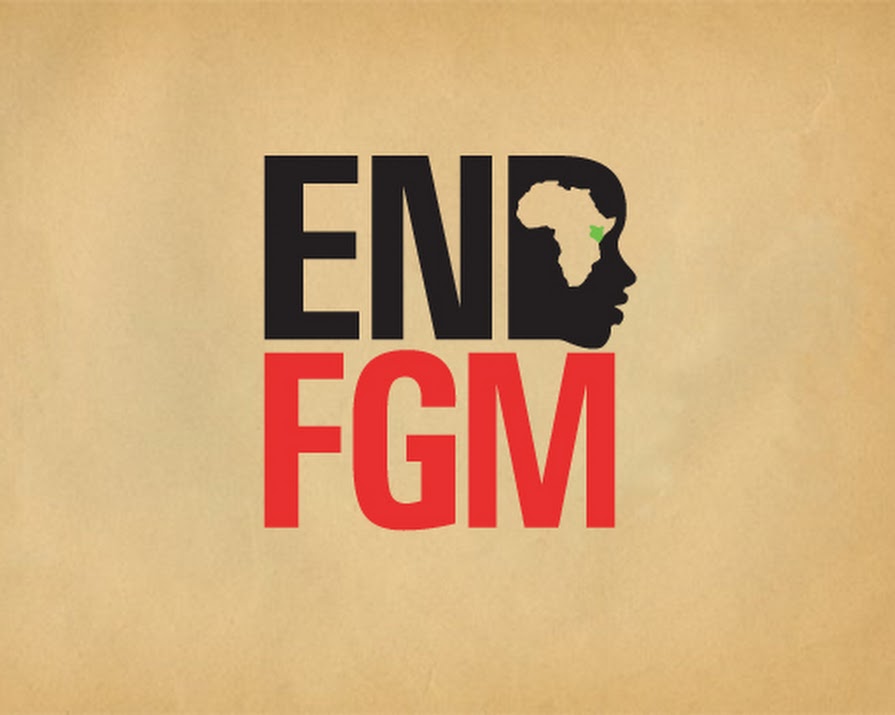
By Jeanne Sutton
06th Feb 2014
06th Feb 2014
WHO estimates that more than 125 million girls and women alive today have been been affected by the horrific procedure known as Female Genital Mutilation, FGM. That’s the population of the UK twice over. Sometimes that number is estimated to be actually?140 million, the entire population of Russia.
100 million of these women and girls are believed to be in Africa, where the practice is concentrated across Sub-Saharan countries. FGM is almost universal in countries such as Somalia, where some statistics quote 98% of women being affected.?UNICEF fears that in the next decade 30 million female lives will be threatened by this medical procedure which involves a blade or a razor mutilating external female genitalia, including cutting the clitoris. The justifications for FGM are always non-medical, rooted in cultural expectations that want women to remain ?pure?, or as a ethnic signifier. The procedure is carried out on young babies, school girls, teenagers, young women. It results in damaging, lifelong health consequences.
Most of those countries now have laws prohibiting FGM, but the number of girls being mutilated ceases to fall as dramatically as it ought. With immigration trends in the 1960s and 1970s leading to bigger ethnic communities in Europe and North America, 33 countries outside the Middle East and Asia have gone on to pass anti-FGM legislation with Sweden setting the precedent in 1982. Recently, in 2012, the Irish government followed suit, passing legislation prohibiting the procedure and prosecuting anyone who removes a girl from this country to undergo FGM abroad. Labour Senator and campaigner Ivana Bacik, who worked with the migrant women’s NGO Akidwa throughout the noughties to raise awareness of FGM in Ireland and to draft the private member’s bill that became the eventual legislation, says that such a law was ?long overdue … International research shows the enormous dangers to the health of women and girls represented by the barbaric practice of female genital mutilation. Akidwa estimates that over 3,000 women living in Ireland have undergone FGM ?- so this is a pressing issue in this country, particularly for migrant women and girls and their families.”
Similar legislation outlawing the practice was introduced to the UK three decades ago, with the legislation amended in the early noughties targeting anyone who removes a girl from the jurisdiction in order to inflict the procedure on her. There have been no convictions resulting from this legislation and some organisations claim that the practice has not stopped in certain immigrant communities. Stories are emerging from Scotland of ?cutting parties? where families pool their finances together to fly over ?cutters? for group mutilation sessions. Anti-FGM campaigners are now petitioning the UK Minister for Education, asking that awareness of the procedure and resources be made more readily available for young women and girls at risk. Legislation have proven to be not enough.
One country that is often cited as dealing sowewhat successfully with FGM is France, where the crime is captured under the penal code, not in any specific legislation. Child protection laws are also utilised to seperate underage females from their families where there is a threat of FGM. France has had around 100 prosecutions for FGM and their robust investigatory practices and highly targeted education campaigns are looked to by certain campaigners as a model that takes women’s rights seriously.
Yesterday Christine Loudes of Amnesty’s END FGM European Campaign‘said that the Irish legislation was ?a good step forward? but that Ireland now needs to move on from the legislation and develop a national plan of action to complement international human rights standards on the practice of FGM. Last year the United Nations General Assembly adopted a unanimous resolution last year calling for the adopting of different approaches, such as properly enforcing the legislation and increased awareness, to eliminate the practice entirely. In particular Loudes wants Ireland to work with communities, identifying women at risk and training professionals to recognize these girls and women, to develop a protocol for professionals and to train professionals to provide support to women and girls living with the consequences of FGM. The END FGM Euorpean Campaign are asking the government to take ?a holistic approach?. Plan International are one of the many NGOs in the developing world working towards reducing the prevalence of the practice via this type of approach. In Mali they’ve set targets to reduce incidences of FGM by 10% by June 2015 among girls under 14, talking to communities as well as attempting to enforce existing laws against FGM.?Another move to show Ireland is serious about ending the practice at home and abroad, Loudes says, is that we sign and ratify the Istanbul Convention on violence against women. ?That’s the call we are placing on Ireland.? It’s about time we answered it.
Jeanne Sutton @jeannedesutun
Images courtesy of Amnesty.























